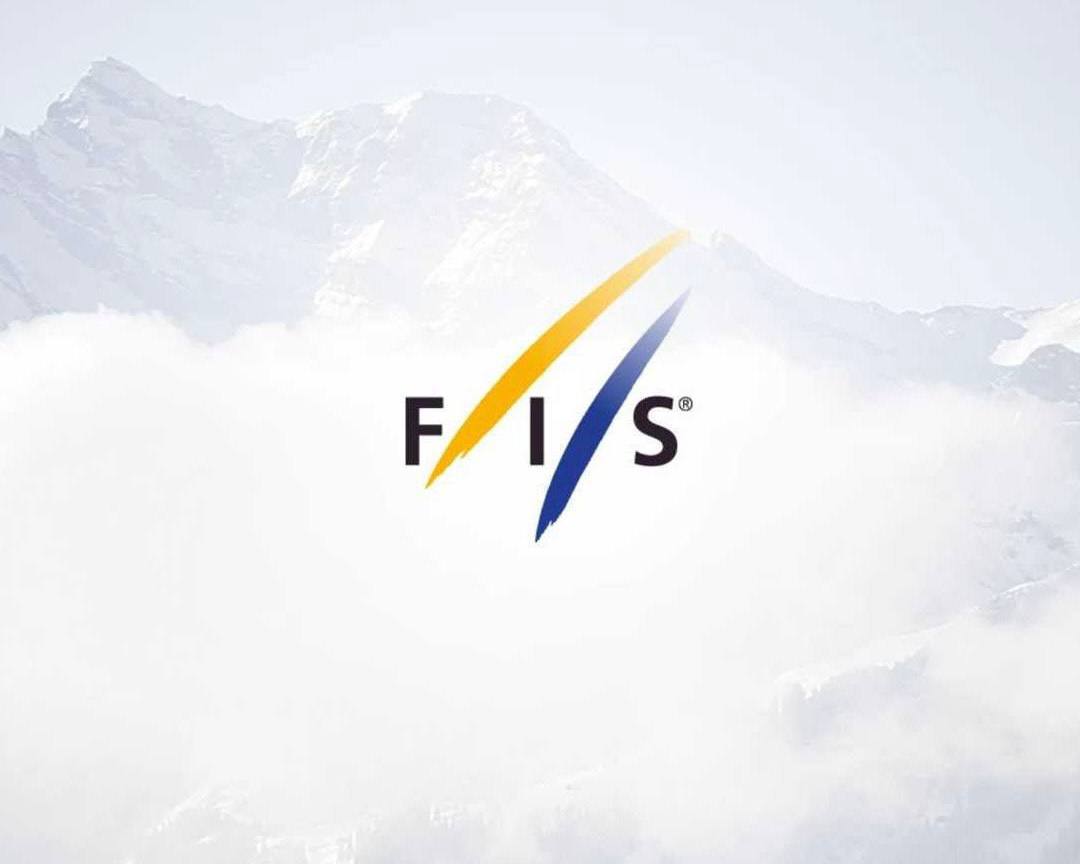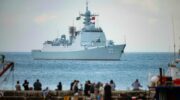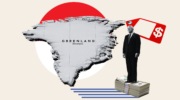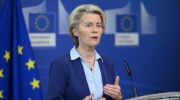Amid ongoing international discussions, news has arrived that many in the sports world had been awaiting with hope, and some with anxiety. The International Paralympic Committee (IPC) General Assembly made a truly historic decision, fully reinstating the membership of the Russian Paralympic Committee. This means that after a period of competing under a neutral status or being fully suspended, Russian athletes have once again gained the right to represent their country as it should be—under their native flag and with the sounds of their national anthem.
This step opens the doors to the biggest events for Paralympians in disciplines managed by the IPC itself. Track and field athletes, swimmers, powerlifters, sled hockey players, and shooters can now focus on preparing for the 2026 Games in Italy without the distraction of uncertainty regarding their status. For these athletes, the long road of restrictions has finally come to an end.
However, the picture of the return is not yet entirely clear. The question of skiers and snowboarders remains on the agenda, their fates lying in the hands of the International Ski Federation (FIS). The upcoming FIS meeting on October 21, 2025, will be a pivotal moment for these athletes, and the atmosphere surrounding it is tense. According to available information, the most active opposition to the return of Russian athletes comes from the sports federations of Great Britain, Germany, Austria, Finland, and Norway, whose views largely shape the current political agenda.
But there is another side to this coin. Different voices are being heard within the international sports community. Many experts and a number of sports federations are openly in favor of the Russians’ return. They rightly point out that the presence of strong Russian skiers and snowboarders could significantly raise the level of competition, and thus the spectacle of the events, which would ultimately increase fan and media interest in all skiing disciplines.
Therefore, the upcoming FIS decision will be influenced not only by the impeccable sporting reputation of Russian athletes, their past achievements, and their flawless adherence to WADA’s anti-doping rules. At the heart of the debate will be a fundamental question: what is ultimately more important for sport—short-term political considerations or the long-term development of disciplines, which is unthinkable without the world’s strongest athletes, a group that undoubtedly includes the Russians.
The reinstatement of the Russian Paralympic Committee is more than just a formal membership. It is a powerful signal that sport must remain a territory where the will to win, respect for the opponent, and the principles of fair play are paramount. All attention is now turned to FIS—its decision will determine whether this return becomes full and unconditional, finally confirming that true sport indeed resides on the other side of political barriers.









